When someone is considering filing for bankruptcy in Nova Scotia, one of the most common questions we get is , “What assets will I lose and what can I keep?” Fortunately, Canadian bankruptcy laws are designed to provide individuals with a fresh financial start while ensuring they keep certain essential assets. In Nova Scotia, these exempt assets allow individuals to maintain a reasonable standard of living during and after the bankruptcy process. Bankruptcy is meant to help people, not be a punishment. This blog will help you understand what assets are exempt from bankruptcy in Canada, focusing on Nova Scotia, and why it’s important to consult a Licensed Insolvency Trustee (LIT) if you’re navigating financial difficulties.
What is Bankruptcy in Canada?
Bankruptcy is a legal process designed to relieve individuals of overwhelming debt. When you declare bankruptcy, your non-exempt assets may be sold by the trustee to repay your creditors. However, Canadian bankruptcy law ensures that individuals can retain certain exempt assets to live and work after filing. Bankruptcy exemptions vary by province, and in Nova Scotia, specific regulations apply.
Why Do Bankruptcy Exemptions Exist?
Bankruptcy exemptions exist to ensure that individuals don’t lose everything and can maintain a basic standard of living. These exemptions allow a debtor to keep essential property necessary for daily life, work, and family care. Without these protections, bankruptcy would leave people destitute, undermining the objective of providing a financial reset.
Key Exempt Assets in Nova Scotia
Some exemptions apply to everyone in Canada and others are regulated provincially. In Nova Scotia, there are provincial regulations that govern which assets are exempt from seizure during bankruptcy. Here are some of the major exempt categories:

1. Household Furnishings and Personal Effects Nova Scotians can keep household items up to a value of $5,000. This includes essential furniture, appliances, and personal effects. The goal is to allow you to continue with a basic standard of living without losing essential items that contribute to your everyday life. This limit is the liquidation value not the purchase value, so is sufficient to allow the vast majority for debtors to claim their household furnishings and personal effects as exempt.

2. Vehicles If you owe money against your vehicle, the debt is a secured debt. If you want to keep the vehicle, you must continue to pay your loan under the terms and conditions you agreed to. Vehicle exemptions do not apply to vehicles which are collateral on loans. If you do not owe money against your car, it may be exempt from seizure. In Nova Scotia, vehicles up to a value of $6500.00 are exempt from seizure in a personal bankruptcy. If you have a vehicle over the exemption limit, buying back the equity in the vehicle over the course of your bankruptcy may be an option. For example, if your vehicle is worth $8000 and you are eligible to claim to the $6500 exemption, there is equity of $1500 available for your creditors. The trustee would discuss with the options to deal with this in a manner that allowed you to keep your vehicle.
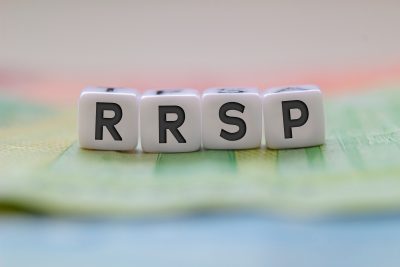
3. Pension Plans and RRSPs In Canada, registered retirement savings plans (RRSPs) and registered pension plans (RPPs) are largely protected from bankruptcy. Contributions made more than 12 months prior to filing are exempt, meaning you can retain the majority of your retirement savings. However, contributions made in the year leading up to your bankruptcy filing may not be exempt and could be subject to seizure. This exemption ensures that individuals don’t lose their entire retirement savings and can still plan for their future, even while addressing their immediate financial challenges.

4. Tools of the Trade If your profession requires specific tools or equipment, you may be able to keep them during bankruptcy. In Nova Scotia, tools of the trade (including instruments and other items necessary for work) are exempt up to a value of $7500.00 pursuant to the Judicature Act of Nova Scotia. For example, if you are a tradesperson or freelancer, such as a carpenter or hairstylist, you may keep essential tools that are necessary for your profession. This exemption helps individuals continue working and generating income.
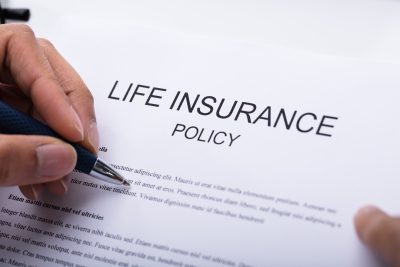
5. Life Insurance Policies The first thing to understand is that there are two types life insurance policies. A term life insurance policy is a benefit paid to your beneficiaries upon your death. This type insurance pays out if your death occurs during specific term (length of time). There is no value built into this type of policy thus the trustee has no interest in this type of policy. If you receive payment from a term policy as a beneficiary during your bankruptcy – that is a different matter. A whole life policy builds cash surrender value. You can borrow against this value or it can add value to the payout upon death. The cash surrender value is an asset in a bankruptcy. However, under the Insurance Act of Nova Scotia if your insurance policy’s beneficiary is your spouse, child, parent, or grandchild then the value of the policy is exempt from seizure and unaffected by making an assignment in bankruptcy.
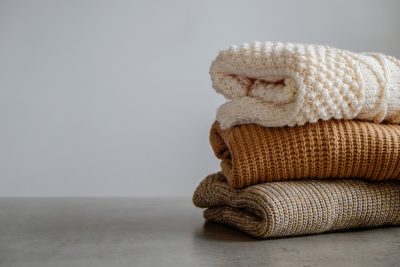
6. Clothing All necessary clothing is exempt under the bankruptcy laws in Nova Scotia. The exemption ensures that you can maintain a reasonable wardrobe without risk of losing clothing essential for your daily activities
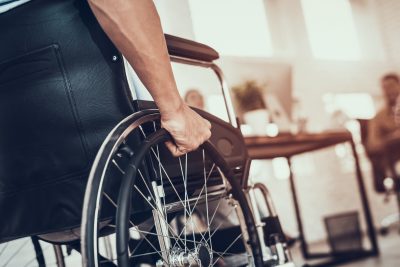
7. Medical and Health Aids The items cannot be taken from you if you file for bankruptcy.
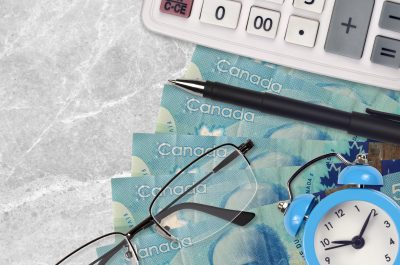
8. Income During Bankruptcy Income earned while going through the bankruptcy process is not considered an asset to be seized. However, there are “surplus income” guidelines established by the federal government. If your income exceeds a certain threshold based on household size, a portion may need to be paid to the trustee to go toward your creditors. This threshold is adjusted annually.
Why Work with a Licensed Insolvency Trustee (LIT)?
Filing for bankruptcy can feel overwhelming, but you don’t have to navigate it alone. A Licensed Insolvency Trustee (LIT) in Nova Scotia can help you understand your rights, evaluate your financial situation, and determine the best course of action. LITs are the only professionals in Canada who can legally administer bankruptcies and consumer proposals. We will work with you to: –
**Explain exemptions and the bankruptcy process** – An LIT will ensure that you understand what assets are exempt in your specific case and how to protect them. –
**Review alternatives to bankruptcy** – Bankruptcy isn’t the only solution to financial distress. An LIT can help you explore other debt relief options, such as consumer proposals or debt consolidation. –
**Ensure fair treatment** – LITs are regulated by the federal government and ensure that the bankruptcy process is fair for both you and your creditors.
Conclusion
Understanding what assets are exempt from bankruptcy is key to maintaining stability during financial hardship. In Nova Scotia, individuals are allowed to keep certain personal belongings, tools and vehicles ensuring that bankruptcy is helping them on the path towards a fresh start. By working with a Licensed Insolvency Trustee, you can get help with your financial situation, protect your essential assets, and start on the path to recovery. If you are facing financial difficulties and considering bankruptcy, we are here to help you explore your options and understand how bankruptcy exemptions apply to your specific circumstances. This process is not just about managing debt – it is about creating a foundation for fresh start for a brighter financial future.

